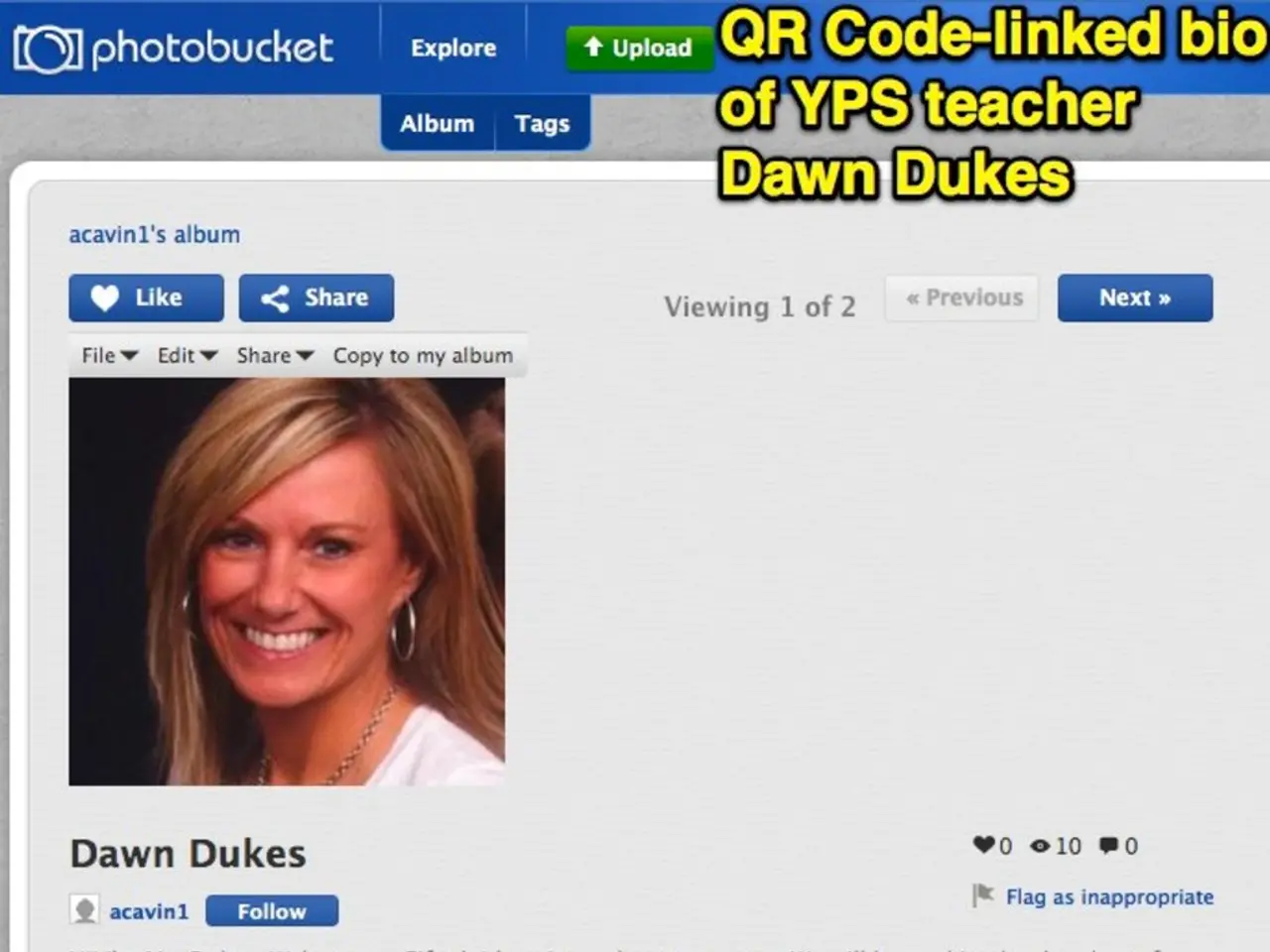Utilizing Social Media for Educational Purposes: A Guide
In the modern era, social media has become an integral part of our daily lives, and its potential in education is being increasingly recognised. Christine Greenhow, an educational psychology professor at Michigan State University, has found that teaching with social media can have numerous benefits.
For instance, social media can make students feel more engaged in learning, fostering deeper interactions between teachers and students. It can also expand learning communities beyond school walls, creating a global classroom.
However, before incorporating social media into the classroom, teachers should ensure they're adhering to their school's rules. This includes checking if they're not violating IT or other school policies. Moreover, it's crucial to discuss responsible use of social media and teach students to become critical consumers of the media they consume.
One advantage of using a closed social media platform, such as a dedicated Facebook Group, over a Learning Management System (LMS), is that it allows teachers to see students' profiles, providing new ways to connect with students as individuals and around class material.
Teachers can also encourage students to network with experts in their field on platforms like Twitter. For example, in the realm of special uses of TikTok in schools, teachers can plan its use by integrating it into assignments that promote interactive discussions, peer feedback, and reflective learning, thus enhancing student-to-student and student-to-teacher interactions through active digital participation.
Moreover, social media can serve as a professional network for students as they advance in their academic careers. Social media sites such as LinkedIn, Twitter, and others are increasingly being used as networking tools by professionals in various fields.
When deciding which social media platform to use, it's good to informally survey students to ask what they're already using, what they feel comfortable with, and what they wouldn't want teachers to integrate into the classroom. Creating a class-specific hashtag for assignments can help teachers see what students are interested in and how they engage with the material.
Incorporating digital citizenship and media literacy into lessons that involve social media is also essential. When encountering inappropriate behavior on social media, teachers should use it as a teachable moment to discuss appropriate online behavior as citizens.
The concept of using social media to engage with experts or authors can apply to various disciplines, not just English. Using class hashtags can also allow teachers to extend and deepen the conversation by strategically engaging with experts or authors related to the course material.
In conclusion, when used responsibly and thoughtfully, social media can be a powerful tool in the hands of educators, transforming the learning experience and opening up new avenues for collaboration and engagement.
Read also:
- Heed this: There's no more room for turning back.
- International Widows' Day Highlights Anglican Church's Outreach to Widows and Families in Africa
- Leading Human Resources Leaders Poised to Assume Roles of Cultural Advocates, Guardians of Evolution, and Data Analysis Experts
- Turbine operators in Thuringia now face the task of dismantling underpinnings.




